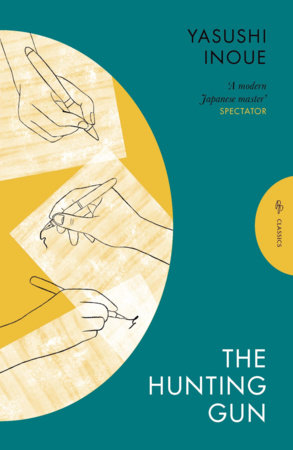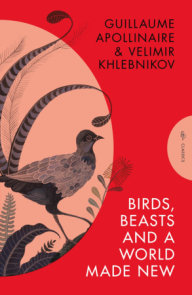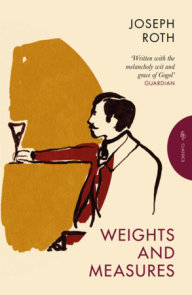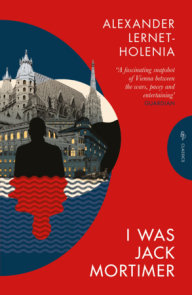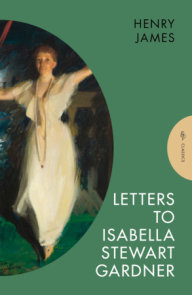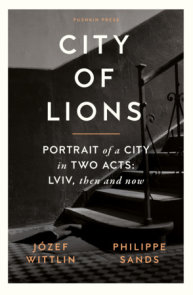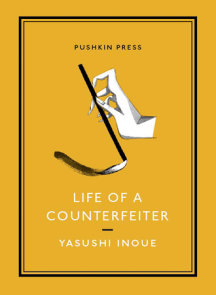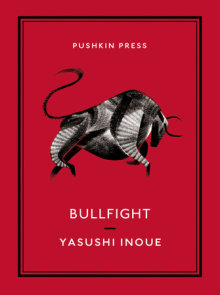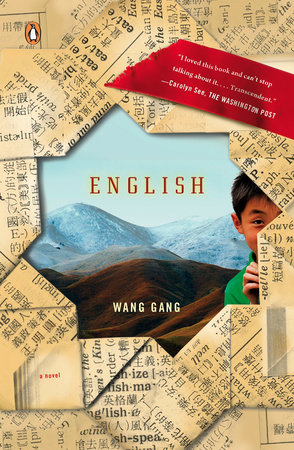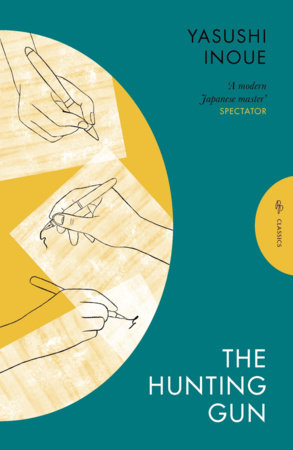

The Hunting Gun
By Yasushi Inoue
Translated by Michael Emmerich
By Yasushi Inoue
Translated by Michael Emmerich
By Yasushi Inoue
Translated by Michael Emmerich
By Yasushi Inoue
Translated by Michael Emmerich
Part of Pushkin Press Classics
Part of Pushkin Collection
Category: Fiction
Category: Literary Fiction | Romance

-
$16.95
Aug 06, 2024 | ISBN 9781805330394
-
Sep 09, 2014 | ISBN 9781782270829
YOU MAY ALSO LIKE
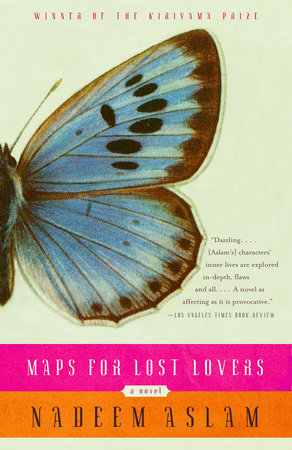
Maps for Lost Lovers
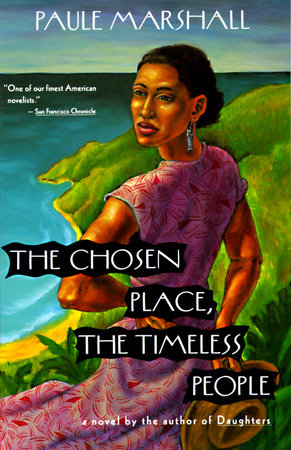
The Chosen Place, The Timeless People
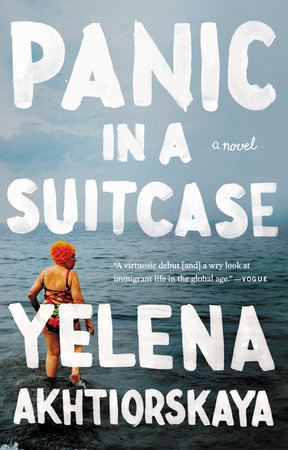
Panic in a Suitcase
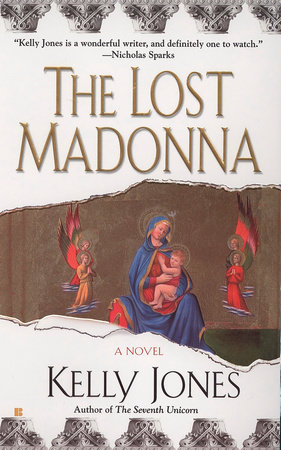
The Lost Madonna
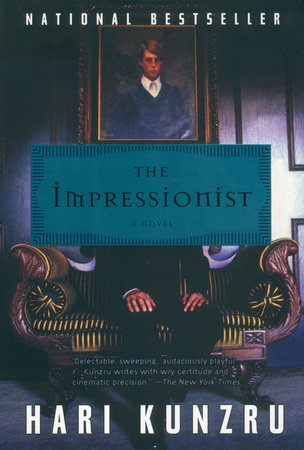
The Impressionist
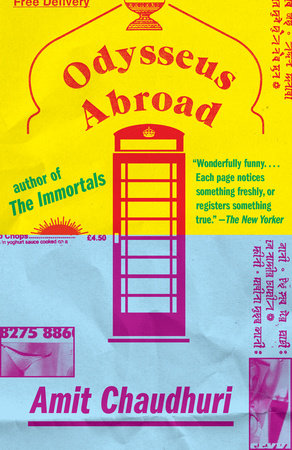
Odysseus Abroad
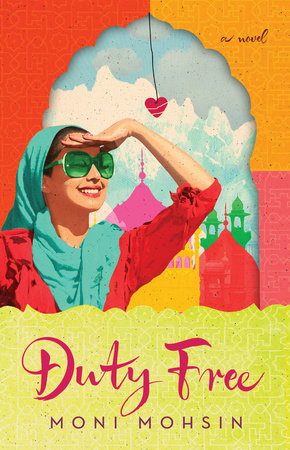
Duty Free
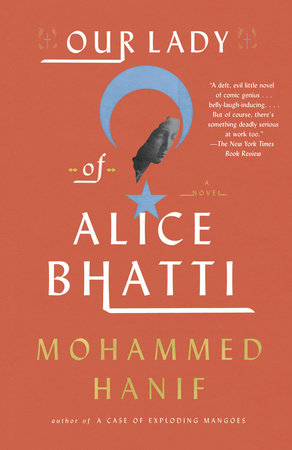
Our Lady of Alice Bhatti
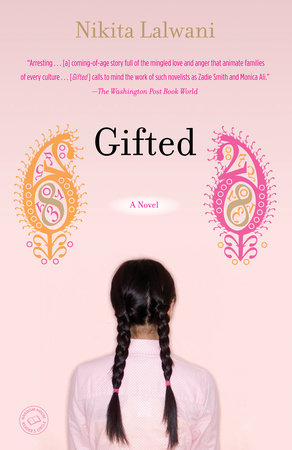
Gifted
Praise
“Two graceful new translations [of The Hunting Gun and Life of a Counterfeiter] should help expand [Inoue’s] audience in English . . . These elegant new editions of Inoue’s work are in keeping with his masterfully understated prose.” — New York Times Book Review
“The Hunting Gun retains a timeless and universal relevance, reflecting on the delicate balance that truth, love and death play in all human relationships. . . A timeless, elegiac and masterful novella.” — Nancy Powell, Shelf Awareness
“This slight but elegant and moving novella is a lovely introduction to a prolific Japanese writer (1907-1991) largely unknown in the West.” — Kirkus Reviews
“Elegant and controlled, the work lays bare the consequences of an affair without melodrama—’the truth, free from deception’ . . . Though the novella was written early in Inoue’s career, it possesses the poise and control of a mature artist; as Inoue states in his afterword, written decades later, the work contains ‘something fundamental from which I have never been able to break free.'” — Publishers Weekly
“This slim, controlled title is testimony to the power of words on the page – to assuage, to enlighten, to devastate. . . That a half-century-plus has passed since these stories were initially published has not diminished the universality of the experiences and themes within. . .” — American Book Review
“Inoue’s prose is beautifully translated by Emmerich, who gives each letter its own distinctive yet approachable style. . . Each image leaves you wondering if the characters will turn around. Similarly, reading each letter is like watching the back of someone close to you, wondering if they’ll turn toward you, or move further away.” — Bento Box Magazine
“The Hunting Gun and Life of a Counterfeiter complement each other nicely as a pair. Delicate and powerful on their own, taken together the two works form a haunting, sensitive meditation on memory as well as a wonderful introduction to a master sorely underappreciated in the West.” – Music and Literature
“Taut, probing style and Proustian preoccupation with memory were there from the beginning of his fiction career. . . . Inoue depicts in admirably straightforward prose the roiling waters of love, marriage, passion, and the effects of the passage of time on all three, as in his evocation of a match whose light has gone out. . . . Inoue’s characters always are slaves to their fates. It’s a testament to his poetic imagination that he compels us to follow them avidly as they slide forward through time, transforming as they go into creatures of memory.” – Jon Sobel, Blogcritics
“Yasushi Inoue’s The Hunting Gun, translated by Michael Emmerich (Pushkin Press), elegantly portrays the dangerous, irresistible complexity of illicit love (and its aftermath) in letters from three women–a lover, her daughter and the abandoned wife.” — Robert Gray, Shelf Awareness
“Yasushi Inoue was one of 20th-century Japan’s most prolific and garlanded authors, but few of his works are available in English. The London-based publisher, Pushkin Press, is helping to remedy this by bringing out a series of handsome new editions. Inoue’s debut, The Hunting Gun, was first published in 1949. This astonishingly poised and psychologically acute novella tells the story of a doomed love affair between Saiko, a divorcee, and Misugi, her sister’s husband. Like Inoue’s other early novella, Bullfight, this is both a compelling drama and an oblique philosophical exploration into the essential ‘solitude of the human condition.’ A recurring conceit — the ‘snake’ of sin that Misugi insists lies in every human heart — would seem to speak to the national soul-searching in post-war Japan. In a self-deprecating afterword, written late in his career, Inoue laments the novella’s ‘very green’ narrative technique and the ‘youthful ungainliness’ of the whole. If that’s true, then this is surely the most elegantly ungainly story ever penned.” — The Independent
“Concise and artful” — Der Spiegel
21 Books You’ve Been Meaning to Read
Just for joining you’ll get personalized recommendations on your dashboard daily and features only for members.
Find Out More Join Now Sign In








